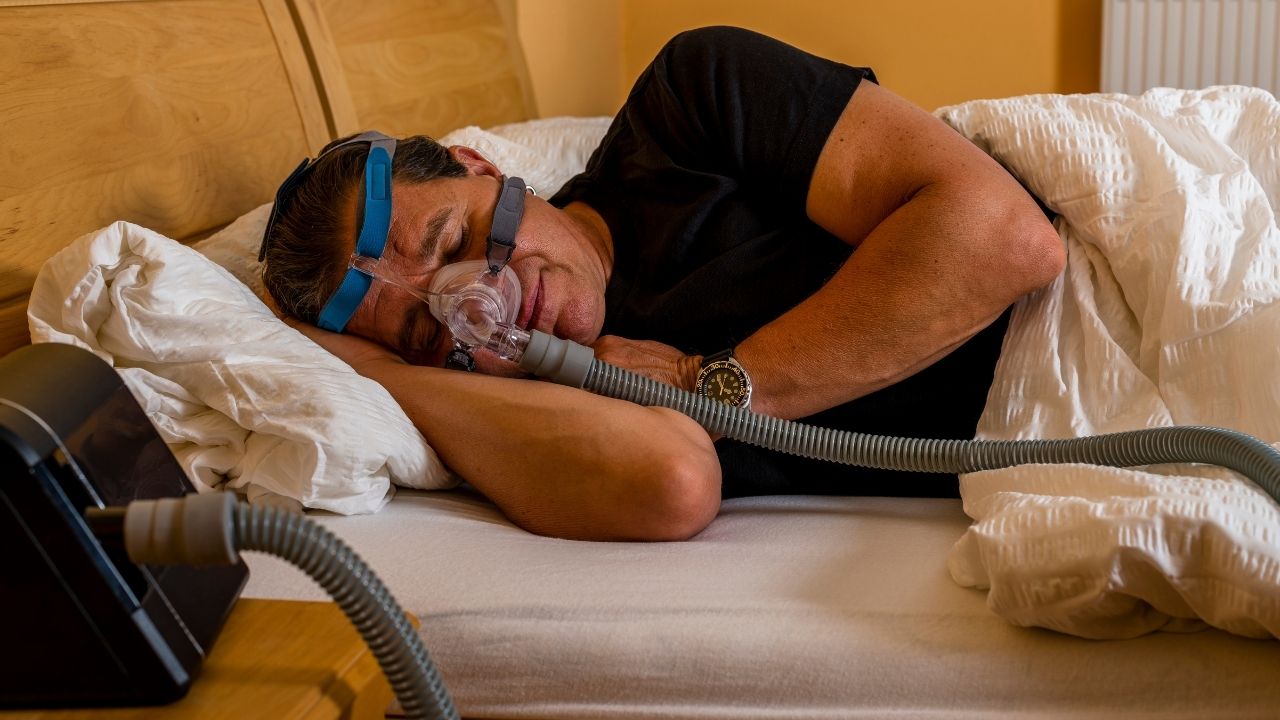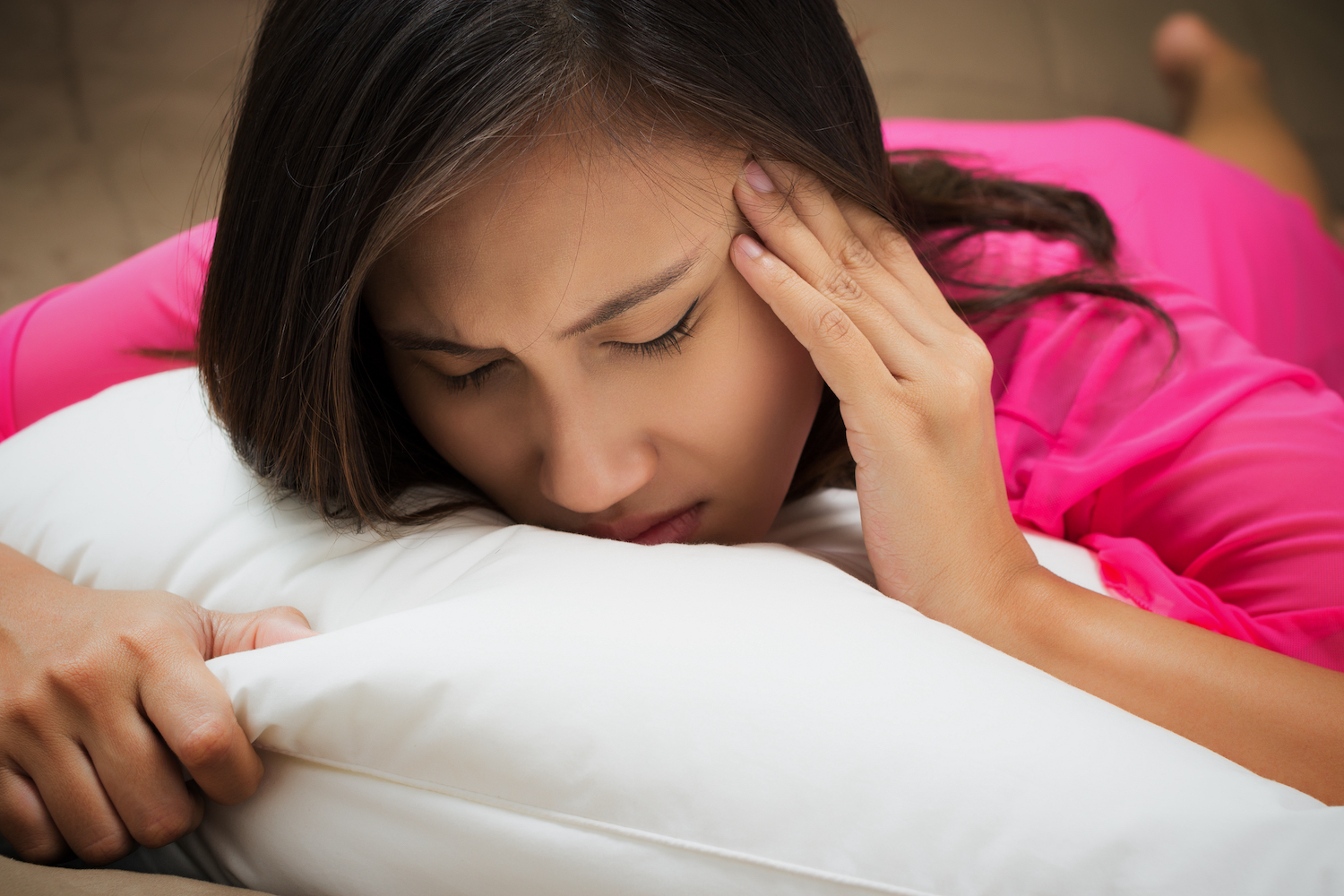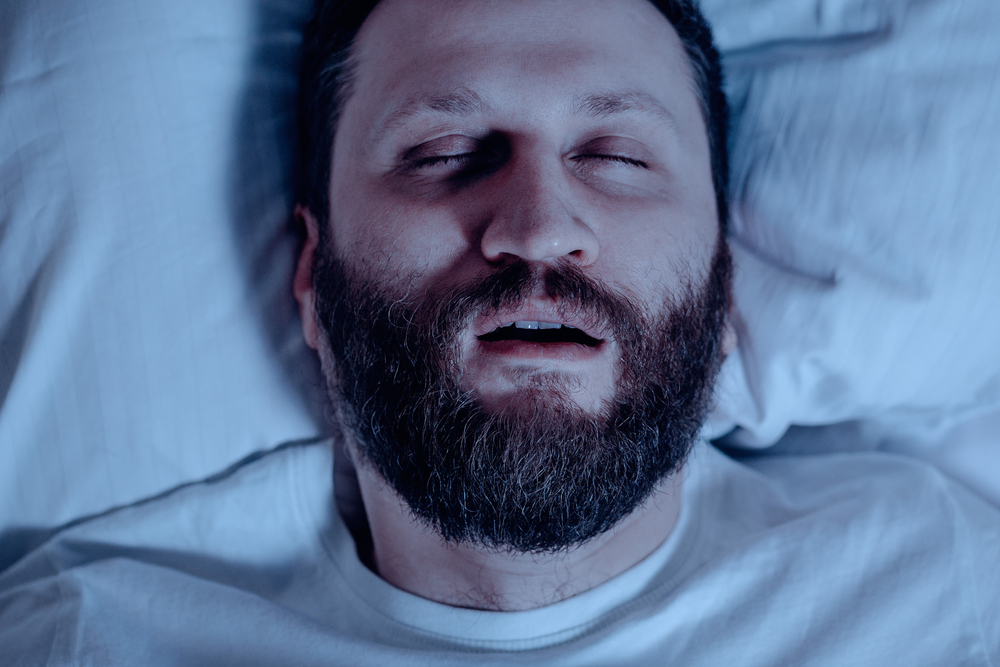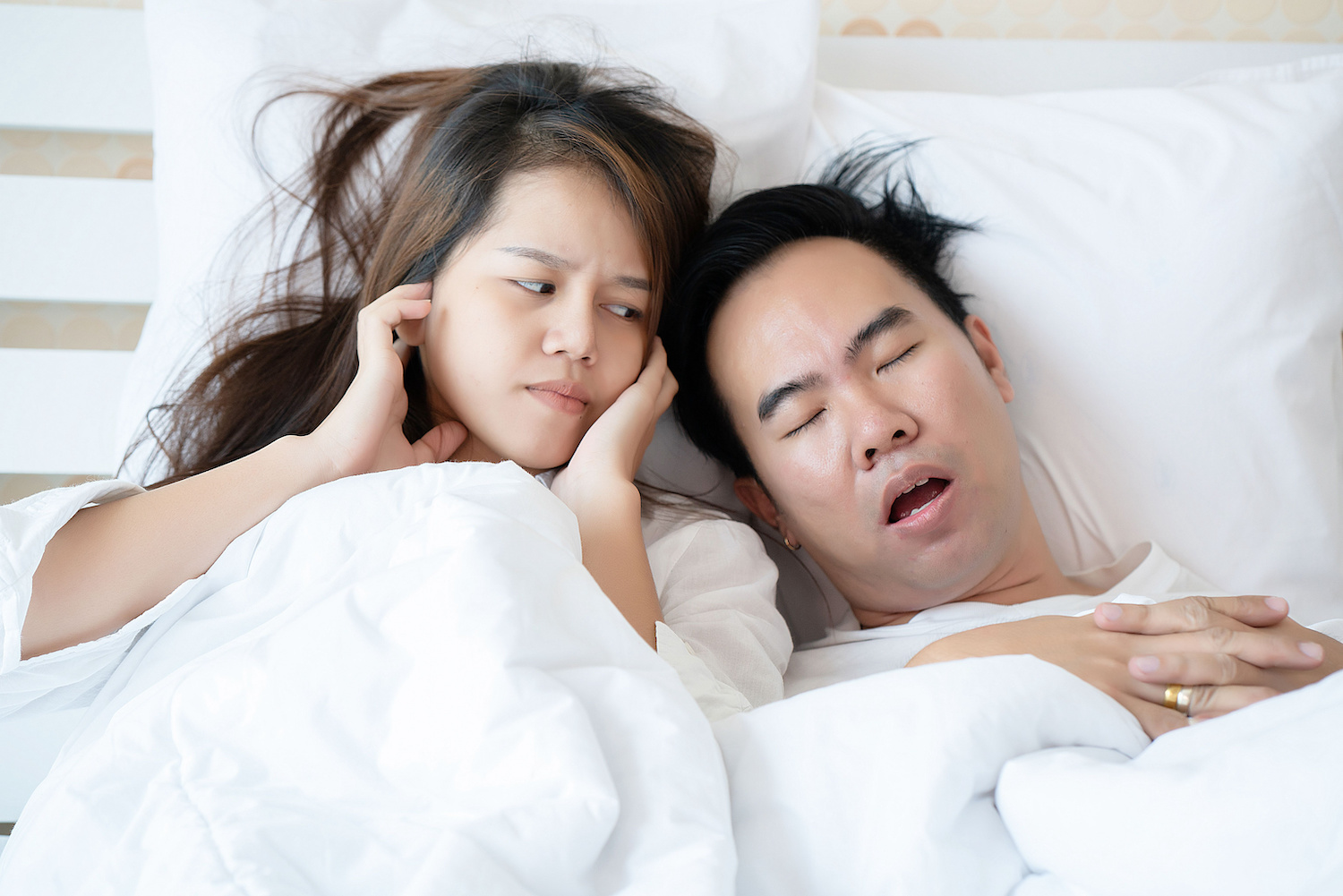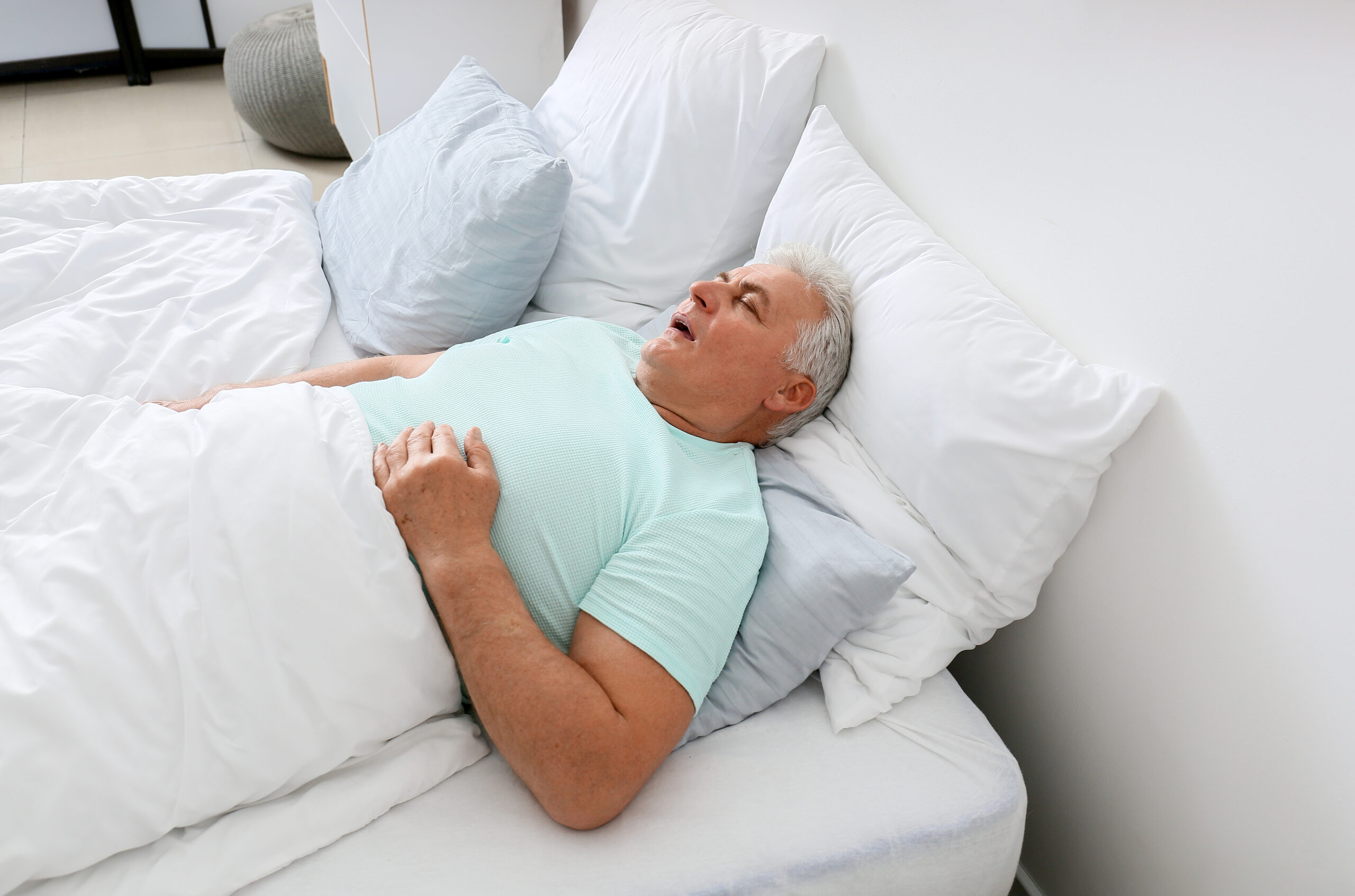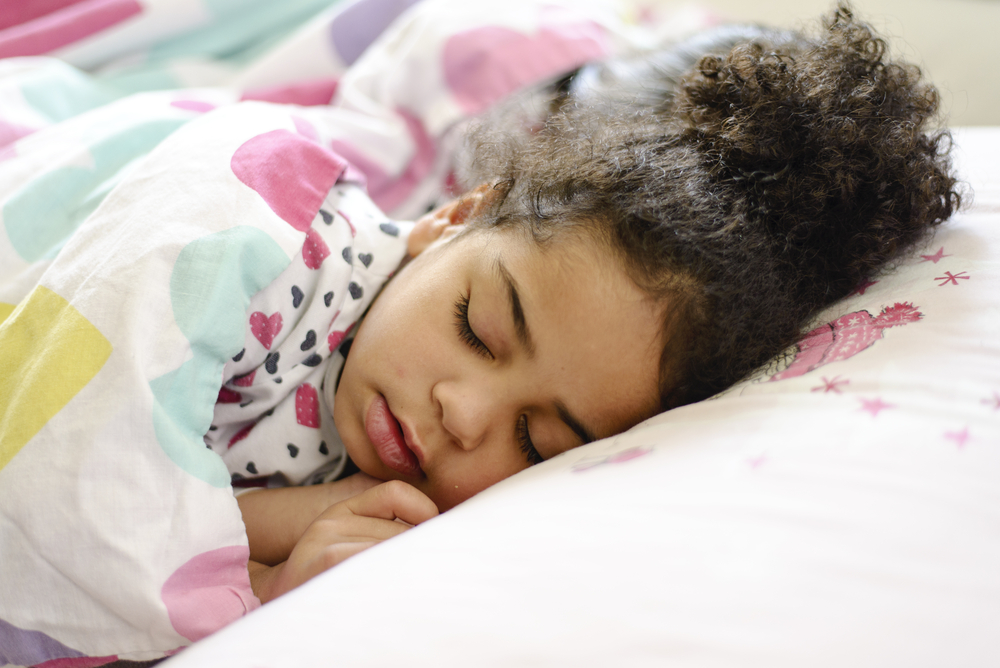Sleep apnea is a common disorder that affects breathing during sleep. Although people have a greater risk of developing sleep apnea as they age, the disorder can also occur in infants and newborns. We explore how baby sleep apnea is defined, and provide an overview of symptoms, risk factors, diagnosis, and treatment.
What Is Baby Sleep Apnea?
Babies can experience obstructive sleep apnea, central sleep apnea, or both types of the disorder. In both types of sleep apnea, the infant's breathing repeatedly slows or stops during sleep, though the cause of these breathing pauses differs.
Obstructive Sleep Apnea
When a baby has obstructive sleep apnea (OSA), their airway becomes obstructed while they sleep. These obstructions may cause snoring, labored breathing, or problems while awake. However, not all infants that have OSA snore, and not all infants that snore have OSA.
Central Sleep Apnea
When a baby has central sleep apnea (CSA), they experience lapses in breathing during sleep because the brain doesn't properly signal the lungs to breathe. CSA in infants is often, but not always, associated with another medical disorder.
CSA occurs more frequently among preterm infants born before 37 weeks post conception. However, CSA in preterm infants usually resolves itself by 43 weeks post conception. In premature infants, the presence of CSA on the first day of life may indicate another illness is present. Usually, CSA begins between the second and seventh day of life in preterm infants.
Around .5% of full-term infants experience CSA, though up to 2% may experience at least one period of CSA-type stopped breathing during sleep. Experts note that many babies experience normal pauses in breathing during sleep, called “periodic breathing.” These lapses last a few seconds, while the pauses associated with CSA often last over 20 seconds.
Symptoms of Sleep Apnea in Babies
The symptoms of sleep apnea in babies vary somewhat, depending on the type of sleep apnea. Babies with obstructive sleep apnea may experience these symptoms:
- Snoring
- Labored breathing or gasping for air
- Noisy breathing or snorts
- Paradoxical breathing, where the chest moves out during an inhale and in during an exhale
- Pauses in breathing
- Sweating during sleep
- Poor feeding
- Failure to thrive
Babies with central sleep apnea may experience a prolonged lapse in breathing.
Risk Factors for Baby Sleep Apnea
As with symptoms, risk factors for sleep apnea in babies varies depending on the type of sleep apnea. These factors may make a baby more likely to develop obstructive sleep apnea:
- Enlarged tonsils or adenoids
- Facial abnormalities
- Down syndrome
- Neuromuscular diseases
- Gastroesophageal reflux (GERD)
- Other medical conditions
- Exposure to secondhand tobacco smoke
These factors may make a baby more likely to develop central sleep apnea:
- Premature birth
- Problems with brainstem development
- Anemia
- Infection
- Low blood oxygen
- Metabolic issues
- Gastroesophageal reflux (GERD)
- Medication use
- Anesthesia use
How Sleep Apnea in Babies is Diagnosed
If you suspect your baby might have sleep apnea, be sure to take them to a doctor. Your infant's doctor will help determine if they need to see a sleep doctor. A sleep doctor will ask about your baby's symptoms, as well as their medical history. If they suspect sleep apnea, they will order a sleep study.
A sleep study, called polysomnography, measures an infant's breathing, brain activity, and heart activity during sleep. This type of study is conducted overnight in a sleep laboratory. The results of the study show whether or not an infant has sleep apnea and, if so, what type they have, and how severe it is.
How to Treat Sleep Apnea in Babies
How sleep apnea in babies is treated depends on the type of sleep apnea the baby has, what might cause it, and how severe it is. When the disorder is only mild or occasional, the baby might not be given treatment. Instead, they may be watched to make sure the problem doesn't worsen. Sometimes, they may be gently touched during lapses of breathing.
In the case of central sleep apnea in premature infants, healthcare providers may give the baby caffeine to help them breathe more regularly. While the premature infant is still in the hospital, nurses may alter the baby's sleeping position to improve their breathing, remove fluid from the nose and mouth via suction, or use a mask that promotes breathing.
At home, parents and caregivers may be asked to monitor their infant's sleep using a home apnea monitor. If an underlying health issue is causing sleep apnea, that might be treated. If an abnormality that affects the airway is causing obstructive sleep apnea, surgery might be necessary to correct it.
When the sleep apnea is severe, babies may be given supplemental oxygen or air from a machine that supports breathing. However, in many infants, especially those that are premature, the problem may resolve on its own with time as their breathing matures. If parents are concerned or symptoms persist, seek medical care.




